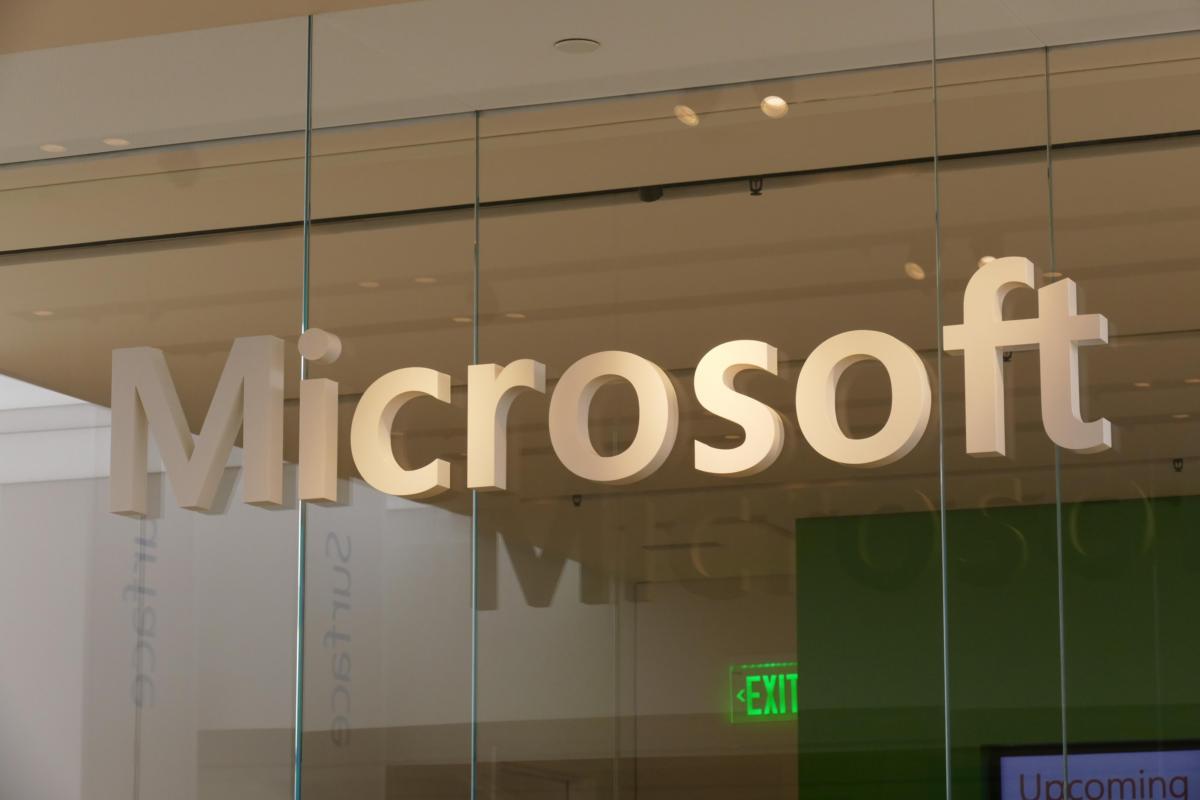The company this week added shared computer activation for Office to the less-expensive Microsoft 365 Business subscription; the rollout for the change begins on April 30.
Microsoft this week announced it has added shared computer activation (SCA) for Office to the less-expensive Microsoft 365 Business subscription, giving small- and medium-sized businesses a way for multiple employees to run Office’s productivity applications from a single PC.
“((This will help)) in scenarios where multiple users are connecting to the same remote computer at the same time ((or)) where multiple users share the same computer and the users are logging in with their own account,” Ashanka Iddya, a senior product manager, wrote in a Monday post to a company blog.
The roll-out of SCA for Microsoft 365 Business (M365 Business) customers will begin April 30, Iddya added, and should be completed within “the next couple of months.”
M365 Business is one of several subscription plans in the Microsoft 365line, but unlike those labeled “Enterprise,” is available only to companies that purchase 300 or fewer licenses. Its $20 per-user, per-month cost is considerably less than the $34 per-user, per-month price of M365 E3, the enterprise plan that, until this change, was the least expensive to offer SCA.
There are other differences between M365 Business and Enterprise E3, notably Windows 10, which is bundled with E3 but not Business. The latter runs on Windows 10 Pro, the OS that is factory installed on business-grade PCs. (M365 Business also includes upgrade rights to Windows 10 Pro from Windows 7 Professional, so it’s attractive for companies considering an in-place Windows upgrade rather than buying new hardware.) Both include Office applications and Microsoft-hosted Exchange, but E3 throws in more sophisticated security components and device management tools.
The inclusion of SCA in M365 Business did not come from out of the blue. Some had told Microsoft that SCA needed to be part of the package so that employees could run Office’s applications from a remote system. “I went to provision 28 users of M365 Business for a customer and had to abort and put them back on Office 365 Enterprise E3,” wrote Donavan Lane, founder of Innovia Consulting, in a December 2018 message on a support forum. “Turns out M365 Business doesn’t support Shared Computer Activation which is used for many of our RDS ((Remote Desktop Services) customers.”
In turn, Microsoft’s Iddya hinted that Lane would soon get his wish. “We are actively considering this feedback on enabling Office SCA for M365 Business users,” Iddya said a few days later.
In March, Microsoft notified M365 Business subscribers that SCA soon would come to their plans, garnering kudos from Mark O’Shea, a 20-year veteran of Microsoft and now a consultant working in Sydney. “This chips away at another one of the reasons why an SMB customer may have needed to go down the Microsoft 365 E3 path, and opens up some different usage scenarios,” O’Shea wrote in his blog.
“The first of these scenarios is computers shared by multiple users with different user profiles, which is common for certain roles and industries,” O’Shea continued. “But I see the bigger inclusion for a broader range of customers and users … that support will be there for Remote Desktop Service and other VDI ((virtual desktop infrastructure)) scenarios.”
Not surprisingly, the new SCA rights in M365 Business still require that each user be licensed for Office 365 Business, the version of the suite included with that subscription. In other words, Microsoft isn’t giving away anything here: Companies can’t legally “share” Office on a single PC among, say, five users, only three of whom are covered by M365 Business licenses.
And SCA doesn’t pertain to Office for Mac; users can only share the Windows version of Office on an SCA-covered machine.
More information about SCA can be found on Microsoft’s website.
This article originally appeared on ComputerWorld.

